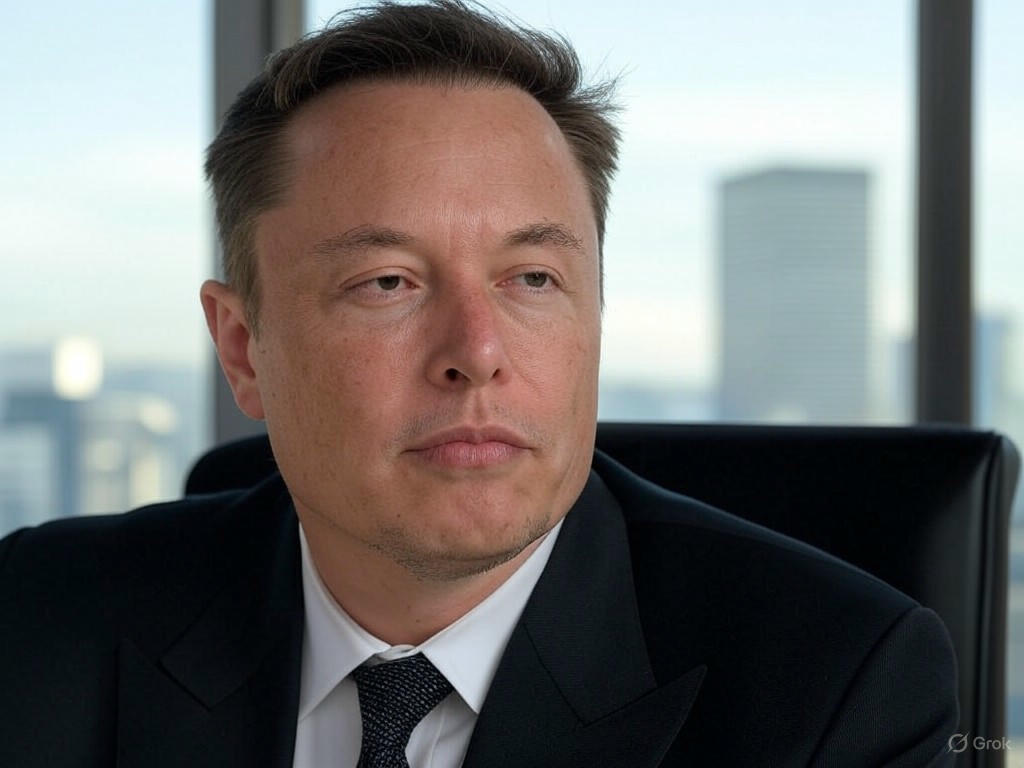Elon Musk’s xAI Deal with X Draws EU Regulatory Heat
Elon Musk, the tech visionary behind Tesla and SpaceX, has once again found himself in the crosshairs of European regulators. His recent $33 billion acquisition of the social media giant X through his artificial intelligence venture, xAI, has raised eyebrows in Brussels. The European Union is now intensifying its oversight, with a potential penalty looming under the stringent Digital Services Act (DSA). This development marks yet another chapter in Musk’s complex relationship with regulatory bodies worldwide, as his bold business moves continue to challenge the status quo.
The deal, finalized earlier this year, represents a significant pivot for X, formerly known as Twitter, as it integrates with xAI’s cutting-edge AI technologies. Musk has long touted the synergy between AI and social media as a game-changer, promising to revolutionize user experiences through personalized content and advanced moderation tools. However, the EU is less focused on innovation and more on compliance. The Digital Services Act, a landmark regulation aimed at curbing misinformation and protecting user rights, places heavy responsibilities on platforms like X to monitor content and ensure transparency. Regulators are concerned that the acquisition could complicate accountability, especially given Musk’s outspoken views on free speech and his past clashes with EU policies.
Sources close to the matter suggest that the European Commission is preparing to investigate whether the merger aligns with DSA guidelines. Key issues include how xAI’s algorithms might influence content prioritization and whether the combined entity can adequately address harmful content at scale. There’s also speculation about whether Musk’s leadership style—often described as unconventional—could lead to lapses in meeting the EU’s rigorous standards. A penalty, if imposed, could set a precedent for how tech giants are handled under the DSA, potentially costing X millions in fines and forcing operational changes. Beyond the financial sting, such a move would signal to other companies that the EU is serious about enforcing its digital rules, no matter the player.
This isn’t the first time Musk has faced scrutiny in Europe. His tenure at X has already been marked by debates over content moderation and data privacy, with critics arguing that his hands-on approach sometimes conflicts with regulatory expectations. Yet, supporters claim that Musk’s vision for X as a ‘digital town square’ could ultimately align with the EU’s goals of fostering open dialogue, provided there’s a balance with accountability. The outcome of this investigation could reshape how tech acquisitions are viewed in the region, especially those involving AI, which remains a largely uncharted territory in global policy.
As the EU deliberates, the tech world watches closely. Will Musk’s latest venture withstand the regulatory storm, or will it become a cautionary tale for overzealous innovation? For now, the billionaire entrepreneur remains undeterred, continuing to push boundaries while navigating a maze of rules. The clash between Musk’s ambition and the EU’s oversight is a storyline far from over, promising more twists in the evolving landscape of digital governance.


